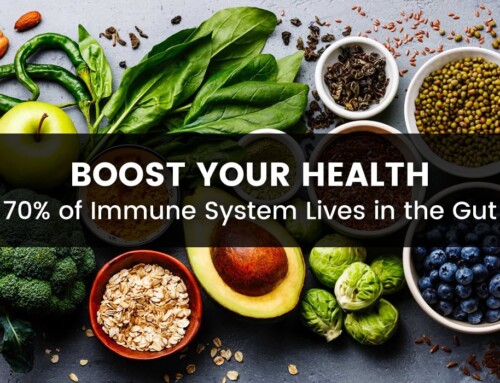Gluten free. Is it the new diet fad or is there a reason when it’s such a hot topic right now? Gluten free diet is the number one diet change topic my patients in San Antonio TX come to me to discuss. So what is it about gluten and does it deserve the bad rap it seems to be getting? First, let’s explore what we know.
What is Gluten?
According to the Celiac Disease Foundation, gluten is defined as the name for the proteins found in wheat, rye, barley and triticale. It helps nourish the plant as it grows and is used frequently in cooking as it effects the elasticity of dough and help give it its chewiness.
What are the common foods that contain Gluten?
- Wheat is commonly used in foods like: salad dressings, sauces, cereals, pasta, soups, baked goods and breads.
- Rye is commonly used in foods like: rye bread, rye beer and cereal
- Barley is commonly found in foods like: malt, beer, soups, food coloring
- Triticale is commonly found in foods like: cereal, pasta and breads
Why is Gluten bad?
Gluten itself isn’t bad. However, some people are gluten-intolerant. When gluten-intolerant people ingest gluten containing foods their bodies produce an abnormal immune response which damages their intestines and limits their ability to absorb vital nutrients. It causes the little hair like projections on our small bowel (villi) that are responsible for absorption to become flattened and thus effects their ability to absorb. It also brings about an influx of white blood cells to the lining of the small bowel causing the inflammation (intraepithelial lymphocytes).
If I’m sensitive to Gluten does that mean I have celiac disease
The most well know form of gluten intolerance is celiac disease. It’s a common disorder affecting about 1 in every 140 people in the USA. In people with celiac disease they develop the abnormal immune response described above when they ingest gluten.
Another type of gluten intolerance is wheat allergy. In this type of patient they develop allergy like reactions- skin rash or breathing problems- as a reaction to wheat.
There is a newer described entity we call non-celiac gluten sensitivity. In these patients they develop classic gluten like symptoms after ingesting gluten, but don’t get the intestinal damage associated with celiac disease.
How do I determine if I have Celiac Disease?
If you have some of the symptoms of celiac disease it is worth getting tested. Typically we start with a blood test for certain antibodies that are typically found in the blood of people that have celiac disease. The most common ones we test for are IgA endomysial antibody and anti-tissue transglutaminase antibody. If these are elevated you most likely have celiac disease. However, they can be falsely elevated for other reasons as well, like other autoimmune disorders. The test is not 100%. So when celiac is suspected and antibodies are elevated you will likely be sent to a gastroenterologist for an upper endoscopy. The gold standard test to diagnose celiac disease is a small pinch biopsy of the small intestine done during the upper endoscopy. That small tissue sample is then looked at under a microscope by a pathologist and if celiac disease is present they will see the classic findings of the flat villi and increased lymphocytes in the intestine lining.
What happens if I am diagnosed with Celiac Disease?
Celiac disease is a lifelong condition. However, it is very controllable with a gluten free diet. If you are diagnosed with celiac disease typically you will be referred to a dietician to help learn about the gluten free diet. You will get blood work on a routine basis to monitor for evidence of malabsorption and you should be monitored for early osteoporosis with a bone density scan (a fancy type of x-ray).
Are there any risks to trying a Gluten free diet?
A gluten free diet is relatively safe. Celiac disease is so common that most restaurants have a gluten free menu and some stores have gluten free isles to shop from. The only concern I have with patients being too strict on any type of diet is you can become deficient in certain vitamins and micronutrients. If you have true celiac disease then the risks of untreated celiac disease from gluten ingestion outweigh the nutritional deficiency risks of the diet. Plus, if diagnosed with celiac disease you will likely be monitored for these deficiencies by your physician. It’s ok to try a gluten free diet and see if your symptoms improve, but I do recommend consulting your physician to see if you truly have celiac disease or just non-celiac gluten sensitivity so you can be monitored appropriately long term. If it’s just non-celiac gluten sensitivity and not true celiac disease then I encourage my patients to only minimize gluten to the degree they feel better but don’t cut it out altogether.
Gluten shouldn’t have the bad rap it does, but it can cause significant symptoms and disease in some people. Learning more about it and finding out if you are at risk is the best approach to take. Then work with your dietician or physician to come up with the diet plan that fits best for you and your condition. Gluten containing foods just taste too good and life is just too short.
If you have any further question about this or feel you should be tested for celiac disease please consult your primary care physician or gastroenterologist. Good luck and please submit a comment if I can provide further information on gluten or gluten free diets.






